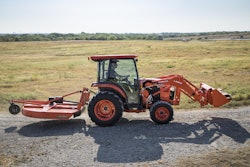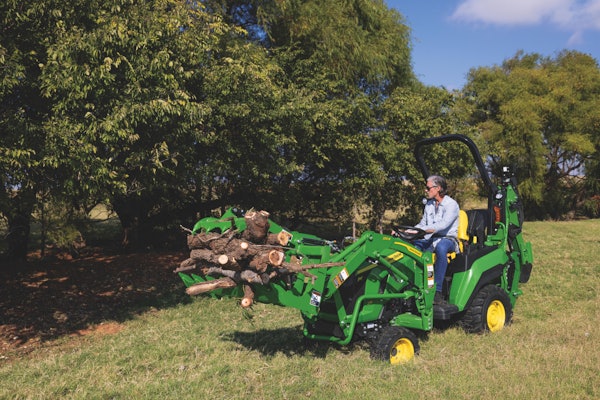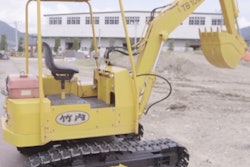 Photo: Pixabay
Photo: PixabayIf your accounting system is just used to collect data for your accountant to file your taxes, you have missed the point. Yes, we all have to file taxes and yes, we need a system for doing that. However, your accounting system should do more than help you file your taxes. It should help you run your business more efficiently and profitably.
Having worked one-on-one with landscape contractors for over 30 years, I have noticed a few things about accounting systems. Below are a few thoughts that might help you turn your tax data collecting system into a more useful tool to help run your business more efficiently and/or profitably.
Create “useful” categories
In order for an accounting system to be of benefit, income, expenses and cost of goods need to split costs out into simple but understandable categories.
Don’t just list “Utilities.” Have a heading that says utilities with sub categories for gas, electricity, water etc. The same goes for “Insurance.” Create subcategories for life insurance, vehicles, workman’s comp, etc. Similarly, break down your income by departments. If you only do service and installation, two departments, or categories, are sufficient. However, if you also do commercial work and/or new construction, the income from those departments needs to be split out as well.
By the way, create an income category for maintenance agreements if you offer them. There are plenty of reasons to track maintenance agreement income separately, but we will touch on that later on. Your accountant may tell you this amount of detail is unnecessary, and if you are the one filing taxes, that may be true. However, if you are the company owner, you need to know where every dime comes from and where it went in language you understand.
Know what “Other” means
The vast majority of landscapers use QuickBooks. When categories and subcategories are created, it’s not unusual to view a profit/loss (P/L) statement and notice a subcategory that you did not create called “Other.”
What that means is the person entering the data put the information in the main header category rather than one of the subcategories. When that happens, QuickBooks automatically creates a new subcategory called “Other” and sticks it in there. If that happens, simply double click “Other” on your P/L statement and it will bring up the detail and allow you to reclassify it into the correct category or subcategory.
Develop a budget
Once you have a years’ worth of detailed data in your accounting system, it’s time to create a budget for the coming year. To my knowledge, every accounting system (large or small) has a place the owner can create a budget by month. QuickBooks has one by clicking Company/Planning and Budgeting/Set Up Budgets. Since you already have all the proper categories developed within your system, creating next year’s budget is pretty straightforward.
To create a budget, simply review the past twelve months actual income and expenses and ask yourselves one simple question, “Will this income or expense go up, down or stay the same next year?”
A second question is, “When do you expect to pay it?” Placing income and expenses in the proper months begins the process of creating the cash flow part of your budget.
Budget versus actual
Now, creating a budget is of little value if you don’t use it. It’s kind of like buying a brand-new car but never taking it out of the garage. You feel great because you own it, but it has no practical value.
Each month, review your budget versus the actual report. The objective is to find out how close your actual figures are to your budgeted figures. Note any significant differences, asking yourself why it’s different and what, if anything, can you do about it. You are now beginning the process of managing your business. Keep in mind that the ultimate goal of budgeting is to develop proper pricing by department. Having accurate cost information is the foundation stone for setting profitable hourly rates.
EDITOR’S NOTE: Tom Grandy is the founder of Grandy and Associates and has worked with contractors and green industry professionals for over 30 years.










